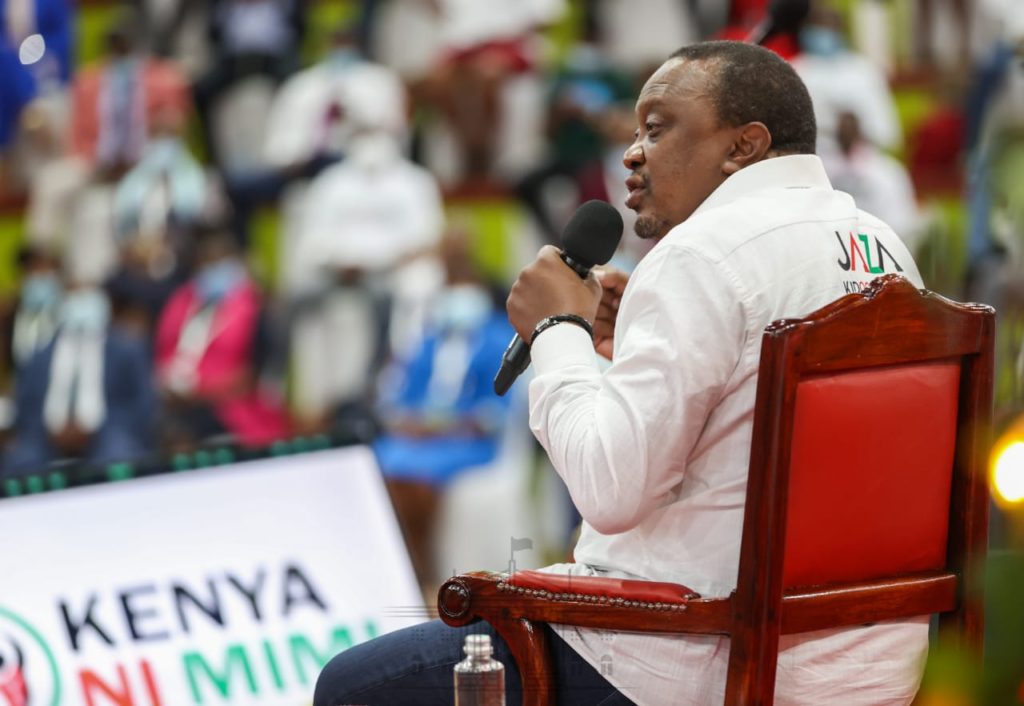By Dennis Wendo,
NAIROBI, Kenya, Sept 15- The election campaign financing (Amendment) Bill, 2020; was a bill for an ACT of parliament to amend the Elections Campaign Financing Act, 2013 and the connected purposes; meant to have been in place and used during the last general and subsequent by-elections. It is now cited as the Election Campaign Financing (Amendment) Act, 2020.
The object of the Act was to; give effect to Article 88(4) (i) of the Constitution; make provisions enabling the Commission to regulate the amount of money that may be spent by or on behalf of a candidate or a political party in respect of an election or a referendum; promote transparency and accountability in election campaign financing and require political parties and candidates to report campaign financing in a structured manner.
The basic operational structures for political parties in Kenya remain a grey area of concern since 2011 when the governance and management of political parties shifted from the office of the Registrar of Societies to Political Parties ( ORPP) with the enactment of the political parties Act, 2011.
Prior, political parties did not have legal personality or perpetual succession, but basically belonged to individuals; with a few persons forming parties as conduits of socio-economic trade for financial gains.
The establishment of the political parties Act provides a legal framework for the registration, regulation, and funding of political parties. The Act established the office of the Registrar of Political Parties, responsible for overseeing, implementing, and enforcing the law.
Since the inception of the political parties Act 2011 in line with other IEBC election laws, the majority of political parties and politicians, by and large, have remained untenable, resistant to the rule of law, and continue to flaunt existing elections regulations at free will.
Disobeying and violating rules formulated by ‘themselves’ either at the county, national, or senate assemblies and embracing laws selectively is retrogressive and abuse to the sovereignty of the people and mandated offices tasked to oversight and enforce them.
Changing guard at the IEBC commission every five years is not a lasting antidote. The commission needs enhanced professionalism, ethics, integrity, and an enabling environment with trust between the players for optimum service delivery.
This can be largely achieved by nurturing a strong working and reporting foundation between political parties, candidates, and the commission, guided by law.
With over 70 fully registered political parties in Kenya, many are dormant and actively resurface a few months to the general elections.
The majority lack formal structures and rarely participate in strengthening themselves through grassroots organization and recruitment, civic education on party manifestos, constitutions, and the general election rules.
They neither have physical offices nor staff. A few that benefit from the political party’s exchequer fund and monthly membership subscriptions have scanty records and audit trails on how they utilize the funds.
The methodology of allocating these funds has been a bone of contention as well as the formulae of sharing the same among parties and coalitions.
The election campaign financing (Amendment) Bill, 2020; proposed amendments meant well and good for the purposes of strengthening internal managerial and administration of political parties and candidates as well as fostering a fair level playing ground with transparency and accountability; henceforth addressing perennial problems that occur during an election period.
Dennis Wendo is the Founder- Integrated Development Network,
Email:dambehi@gmail.com.
Want to send us a story? Contact Shahidi News Tel: +254115512797 (Mobile & WhatsApp)


